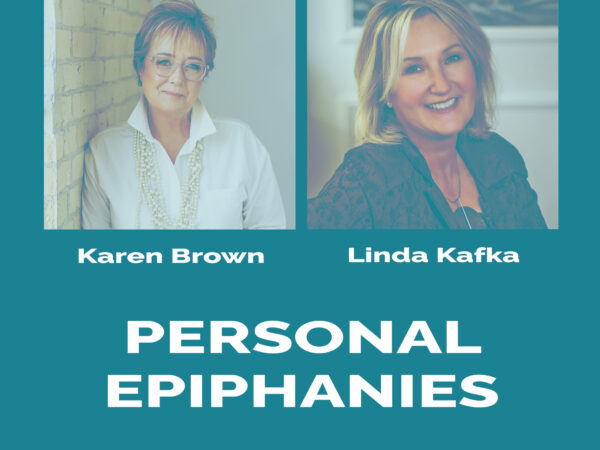Most people, young and older, tend to gravitate to social groups that include others of similar ages. They can relate to shared experiences, enjoy the same music, and often find common ground in other areas such as politics, hobbies, or their sense of humour. But staying in “age bubbles” can also be limiting, and people of all ages may miss out on meaningful relationships that expand their experience and knowledge of the world by socializing with only people of their own generation.
With a greater understanding of the benefits of intergenerational friendships, more communities are creating service programs that connect seniors with students and other younger adults and children. Older adults living in long-term care homes can often become socially isolated, leading to cognitive decline and depression. Pairing elderly adults with children can provide both regular social connections and mutual support. Seniors have plenty of wisdom and life experience to share and can be treasured mentors for younger generations. But many younger adults lack a connection with older adults, and both lose out on the many gifts different generations can share with one another.
With a dire shortage of affordable housing for young adults as well as seniors, more intergenerational co-housing projects are being created. According to a recent Toronto Star report, Canada HomeShare helps connect post-secondary students with older adults that have empty rooms in their homes to share. With 12 million empty bedrooms across Canada, programs like this help to address the affordable housing crisis while also combating social isolation, loneliness and financial insecurity among seniors.
Multi-generational households not only provide seniors with financial support, and possibly help with home maintenance, shopping or cooking, but younger house-mates often benefit from live-in childcare and can learn valuable skills. Whether intentionally arranged through a community service program, or created more organically, intergenerational households are likely to become more common as people explore the many benefits of sharing a living space with people of different ages.






Add Your Voice
0 Comments
Join the Discussion